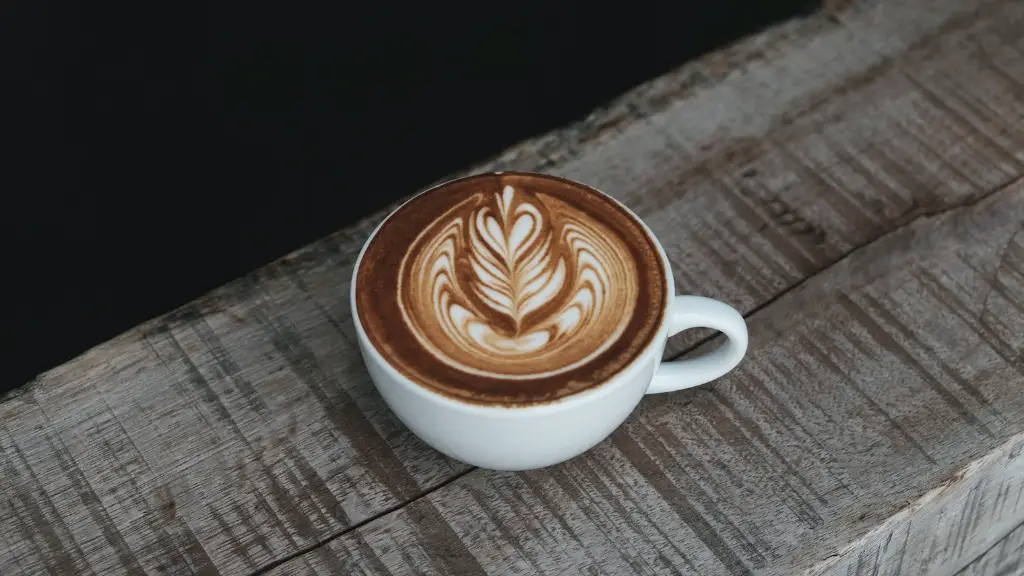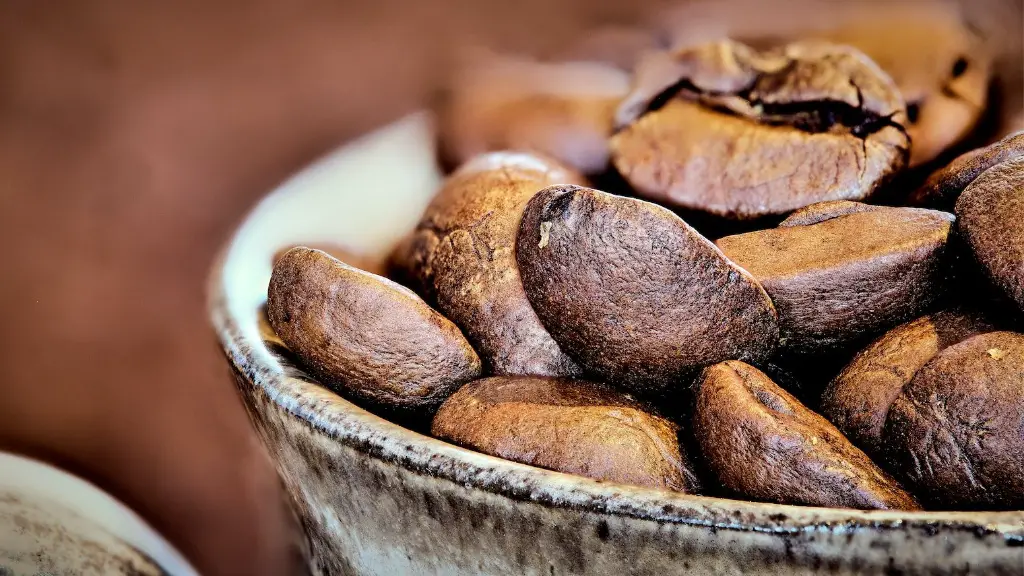Health Concerns
Coffee contains compounds like caffeine, which can affect a child’s growth and development. Caffeine can cause symptoms such as headaches, shakiness, and nausea, and it can increase blood pressure and dehydrate kids. According to the American Academy of Pediatrics, children under the age of 12 should not consume caffeine from any source. Overconsumption of caffeine is linked to anxiety and depression, feeding into a cycle of poor mental health. Caffeine is also a diuretic, which means that it causes the body to expel more water than is consumed, leading to dehydration.
Addiction Risk
One of the primary risks of introducing kids to coffee is that they may become addicted. Coffee is highly addictive, and regular consumption can lead to addiction and withdrawal symptoms that can be difficult to cope with. Most parents are aware that caffeine can be addictive, but few are aware of the long-term implications, especially in younger kids. According to the National Institute on Drug Abuse, early introduction to caffeine can pave the way for later substance abuse issues.
Nutritional Content
Coffee on its own is not particularly nutritious, as it contains no vitamins or minerals. It does, however, contain caffeine and other compounds such as tannins, which can be harmful in large quantities. Drinking too much coffee can also lead to nutritional deficiencies, as it can reduce appetite and lead to poor dietary choices. Kids should never drink coffee as a meal replacement, as this can lead to malnourishment.
Behavioral Impact
The high levels of caffeine in coffee can also have adverse behavioral effects on kids, as it can lead to increased feelings of anxiety and irritability. Caffeine is a stimulant, which can cause hyperactivity and restlessness. It can also interfere with sleep and disrupt normal sleeping patterns, leading to tiredness and difficulty focusing during the day. According to the National Sleep Foundation, kids should avoid caffeine in any form after 2 pm.
Performance Impact
Kids who regularly drink coffee may perform worse in school than those who don’t. Caffeine can interfere with concentration and can make kids fidgety and unable to focus on tasks. Furthermore, coffee can disrupt sleep patterns, leading to fatigue and poor performance. According to the American Academy of Pediatrics, school-age kids should always get the recommended amount of sleep in order to perform their best.
Gastrointestinal Impact
Kids who drink coffee may also experience digestive issues. Caffeine can cause stomach upset and cramping, and it can also stimulate the production of stomach acid. Kids who consume large amounts of coffee may also suffer from ulcers, heartburn, and constipation.
Relation to Health Conditions
Experts also warn that kids who drink coffee may be at an increased risk for developing kidney stones and urinary tract infections, as caffeine can act as a diuretic and lead to dehydration. Furthermore, coffee can increase the risk of other health conditions, such as high blood pressure, heart disease, and obesity.
Long-Term Effects
Heavy coffee consumption in kids can have serious long-term effects on their health. Caffeine has been linked to higher rates of anxiety and depression, and it can increase the risk of developing serious health conditions, such as heart disease and cancer, later in life. Furthermore, overconsumption of coffee can lead to addiction and withdrawal symptoms, which can be difficult to cope with and may persist into adulthood.
Parental Influence
Finally, experts warn that parents can also have an influence on whether or not kids consume coffee. Some parents may encourage their kids to drink coffee, while others may forbid it completely. According to the American Academy of Pediatrics, it is important for parents to set clear boundaries with their kids and educate them on the risks of consuming too much caffeine.
Effects on Appetite
Drinking coffee can also have an effect on a child’s appetite. Caffeine is a stimulant, and it can make kids feel full even when they haven’t eaten enough. Over time, this can lead to nutritional deficiencies and a decreased appetite. According to the American Academy of Pediatrics, it is important for parents to make sure their kids are getting the proper nutrition, and drinking coffee can interfere with this.
Effects on Sleep
Coffee can also have an effect on a child’s sleep patterns. Caffeine is a stimulant, and it can make it hard for kids to fall and stay asleep. According to the National Sleep Foundation, drinking coffee late in the day can interfere with kids’ circadian rhythms and lead to sleep deprivation. Furthermore, caffeine can also lead to nightmares and nightwaking, which can make it difficult for kids to get the recommended amount of sleep each night.
Opioid-Like Effects
Caffeine can also have opioid-like effects on kids. Caffeine can activate opioid receptors in the brain, which can increase feelings of pleasure and make it easier to become hooked on coffee. Over time, this can lead to a dependence on caffeine, and when this happens kids are at an increased risk for developing a substance abuse problem. According to the National Institute on Drug Abuse, early exposure to caffeine can pave the way for later substance abuse problems.
Mental Health Concerns
Finally, heavy coffee consumption in kids can also lead to mental health problems. Caffeine can increase feelings of anxiety and depression, which can lead to a cycle of poor mental health. Coffee can also interfere with sleep patterns and lead to fatigue, which can make it difficult for kids to concentrate and perform their best. According to the American Academy of Pediatrics, it is important for kids to get the recommended amount of sleep in order to perform their best in school and in other activities.



